|
It's often said that neuroscience and psychology are the expression of a brain studying itself. I fancy, then, that the field of ecology takes this self-study to fantastic scales -- from community, to landscape, to biosphere, as it were. Every scientist surely thinks of their field as the most intricate and fundamental, and yet I can't help but wonder: How lucky am I, to be engaged in a science that creates, in me, a small mirror for the Earth herself? To be a piece of the whole dedicated to the greatest act of self-reflection?
+ + + When I was younger, I wanted to be an astronaut. My parents love to tell how, without fail, toddler Maggie would drop everything to stare at the opening credits of Star Trek: The Next Generation. My desire to go to space was aided by a natural proclivity for mathematics, and an eventual degree in the subject. On applying to graduate schools, I wanted to join a field that used the mathematics I loved, rather than studying it directly. Naturally, I first gravitated towards planetary sciences and astrobiology. I thought to finally approach the skies. I spent workdays meant for programming FDA new drug applicant interfaces instead researching astrobiology programs. But as I took my lunch breaks out by the honey locusts and lilypad-filled ponds near my office, I began to realize that I didn't want to spend all of my life behind a computer screen--just most of it. I didn't want to go to space; what I wanted was to be in space, to gain the vantage with which so few have been honored: To observe our home, in full. I wanted to experience Earthrise. I wanted to understand how this extraordinarily unlikely place came to be, and how it persists. The only planet I wanted to study was our own. And so, ecology. I struggled to call myself an ecologist for a long time. I spent years feeling like an interposing mathematician who brought her computational skills to the real ecologists. It wasn't until I went to South Africa and engaged with savanna ecology directly that I realized I had always thought like an ecologist. I just needed time to build up a language and literature background to feel a part of ecological conversations. As I look back on my childhood spent mucking around in the woods, foraging raspberries and spicebush, I wonder how I could have thought I'd be doing anything else. + + + Is the production of conservationists and environmentalists, then, an act of planetary self-preservation? What of the myriad Indigenous ways of relating to our biotic and abiotic siblings, of connecting to the Earth with mutual respect? These ways of knowing go beyond study; they are action, intention. I like the term caretaker. Or perhaps, caregiver. Something in between the two -- someone who knows and sees, but also takes action to protect and nurture. I don't know what exactly I'm getting at here. I suppose, in my life, I hope to be a caretaker/giver, a co-conspirator and conservationist. A piece of the Earth taking care of herself.
0 Comments
It's been a year.
About a year since, on the front steps of an autumnal New Haven porch, my dad called. Your mother has cancer, she has cancer, and I need you here. Come home. Six hours into a ten hour drive, I turned around and headed back, fielding tearful calls from my younger siblings. I only made it to the Bronx. My sweet cousin Elizabeth wrapped me in her arms as I sobbed all night, and the next day she drove me all the way to Virginia. Staring blankly into the unknown of a cancer diagnosis, I couldn't stop thinking, How many weeks do we have left? It's been over a year, and she's still here. It's also been about a year since I made one of the scariest decisions of my professional life. In the winter of my fourth year in graduate school, I was awarded my dream postdoctoral fellowship to study elephants up at Cornell. How could I refuse? But I was nowhere near ready to defend my dissertation, and I knew that saying yes would mean nine grueling months of work that should have spanned the next eighteen. I hadn't planned for my mom to have stage 4 lung cancer, and I hadn't planned to actually get the fellowship, but here we were. I talked it over with friends and family, then decided I couldn't say no. Despite the extreme difficulty to get where I am today, I'm so glad I accepted. 2023 has been quite a year: A year of stress, heartache, and tears -- but also extreme love, community, friendship, and hope. My mother might have died. I almost did as well. But we haven't yet. We are thriving. Blood thinners and targeted immunotherapy are wonderful things. I know this won't last forever, but I often think about where I was last year. We've had about sixty weeks, and I'm hoping for at least sixty more. I've had a year to be thankful to all the friends and family, professionals and admin, kind strangers and mentors who helped me get through the most emotionally strained 12 months of my life. My perspective on life has changed drastically. I know now how precious time is, and I don't intend to waste any that remains. Friends, family, nature--these are the things I want to surround myself with, to pour my energy into. Everything else is just stealing time. Life is short, you only live once, carpe diem. 2023, you've taught me a lot, but you've also been an absolute bitch. Here's hoping 2024 is a little gentler. - Update 19 Dec: Two hours after posting this, I tested positive for covid. 2023 just won't let up, will it? Wow. Just, wow. I can't believe I'm finally (almost) finished with grad school. I really thought that the universe was out to get me for a bit there. What with my mom's lung cancer diagnosis last year, my own near-death experience in the E.R. last month, a family friend passing away suddenly, and the entire city of Durham being without power for two days before my defense, it's kind of a miracle I passed this milestone. I'm so incredibly grateful for everyone who attended my defense talk either in person or online, and especially grateful for my committee for moving their schedules around last minute to accommodate my illness.
The private defense went a lot more smoothly than I thought it would. I had anticipated a lot of nervousness and floundering on my part, but it truly was just a great discussion about my research, where it's strong, and where it needs a little more work during the revisions. Three of my committee members went out of their way to say how impressed they were at the state of my dissertation. Given that I got most of my data only five months ago, and that I spent a lot of time recovering from, well, almost dying, they were shocked that my dissertation was in such a prepared and succinct state. I know that I've worked hard on this, but it was great to hear that validation from my committee that the amount I accomplished is something to be proud of. My advisors did make a point to chat with me about personal ways to continue growth. One big one is my tendency to rely on external deadlines for my motivation. Science is a very self-motivated field, and I have to find a way to push myself without external forcing. That's definitely something I will be working hard on during my postdoc. I'll end with some really inspiring words from one of my advisors, Susan Alberts: “You owe it to yourself to finish these chapters and get them published, but you also owe it to the world. As scientists, we have the privilege to study how the world works and decide our own schedules and time, but with that comes the responsibility of sharing that work with the world. If you haven’t published it, it’s not out there.” Phew. After taking a deep breath and grounding myself in family and rest this past weekend, it's time to get back to work. Onwards! Well, here we are again. Three days 'til my dissertation is due (for real this time), and I think I'm gonna make it.
It won't be the best piece of work I could have put together, but at least it will be DONE! And I'll continue to improve and polish these three chapters over the next few months, with submissions to journals likely in 2024. Meanwhile, I've moved to upstate New York on a peaceful little property that hugs a nature preserve. In between writing sessions, I've been going on walks around the pond, mucked about the marsh, and made friends with some goldfinches. I'm looking forward to having the time to enjoy the summer before the cold winds of fall blow through. I already love it here. M.
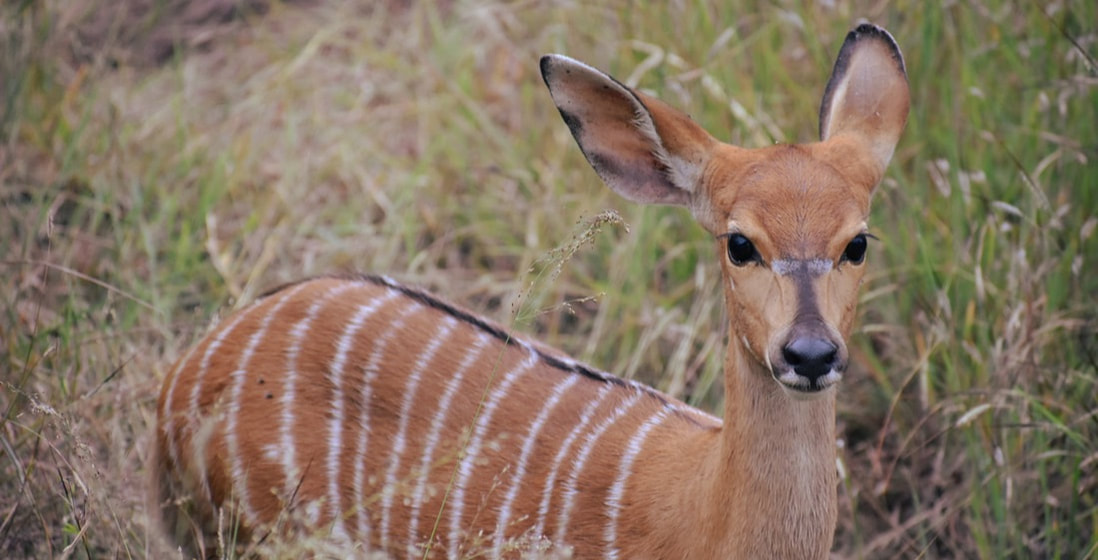
Three weeks ago, the Canadian wildfire smoke rolled into Durham. I took my dog out on a short walk, and after five minutes I felt like I'd just run a mile. Air came in gulps and my heart was pounding. I chalked it up to the smoke, some mild asthma, and again a general out of shape-ness. I bought a HEPA filter and slowly recovered.
For weeks now I've been experiencing acute bouts of shortness of breath, mostly while walking around or going up and down stairs. Generally I was embarrassed and felt out of shape, telling myself I would start exercising more after I finished my PhD on the 26th. Last Sunday, while visiting with family and had another acute breathing episode. Even getting up to walk across the house left me needing to sit down recover. Luckily my mom was able to help me out, but we had no idea that I should have been rushing to the ER. I had a dissertation due in three days. I had a cat to feed. I didn't have time for an emergency. * My dad is a pulmonologist. This is either a stroke of luck or the universe's terrible sense of irony. When I called him on my drive home and described my symptoms, my dad told me to go straight to the emergency room. He wanted to rule out a pulmonary embolism "to make your dad happy". I rolled my eyes, joked I'd only go if he paid the bill, and took the exit to Duke University Hospital. Good thing I still had all my things with me, because I was in for a long stay. I was in the hospital for three days, diagnosed with a bilateral pulmonary embolism---massive blood clots in both lungs. Eventually those clots would have strained my heart so much, I would have keeled over. My dad saved my life. Had I not listened to him or to what my body was telling me, I would likely be dead. * In a quarter of pulmonary embolism cases, the first symptom is sudden death. I'm still reeling from the implications. Physically I'm doing fine; they've got me on blood thinners and I'm home with my cat, still planning on moving to New York soon. Mentally? I feel like my dad pulled me off a train track a second before a steam engine blew by. I'll have to wait a bit for some genetic clotting disorder testing, but the overall consensus is that hormonal birth control contributed to my risk factors and tipped me over the edge into clot territory. * I've postponed my dissertation defense and postdoc start date for now, and hope to jump back into writing this week.
I'm taking a break from writing my dissertation (due in a week!) to do .... some more writing. Sounds like a wild idea but I wanted to get down on "paper" how my fast-track dissertation has been going so far.
I've written over sixty pages of text in the past three weeks, churned out dozens of figures and tables, and, okay, so I've spent a few hours watering my crops and slaying monsters in Stardew Valley, too. Nobody's perfect, and sometimes a girl needs a break. I've got a week left until this document is due to the Graduate School, and you know what? I think I'm gonna make it. I am starting to see the light on the other side. * Yesterday I took one of my rare trips outside my house to go to the store. I grabbed a half-gallon of milk and checked the label. July 26. The date of my defense. I couldn't believe it. After all this time, it's almost over. Y'all, we're officially in milk territory now. * I've learned a lot about myself already. I've learned that I do my best work around 11pm. I hate that this is true, but it is, and I've got to embrace it. I've learned that I can't tie my self worth to how I write. I have to send drafts to my advisors, and they are GOING to find issues. At first it was paralyzing, but this is the only way to get better. I keep thinking back to an early segment of The Daily Show in Trevor Noah's run, where he says something along the lines of "Look, I'm not as good as Jon Stewart. If I were as good a host at the beginning as Jon Stewart was at the end of his career, I think that would be doing a disservice to Jon's talent." I can't find the clip, but the memory has stuck with me. I can't expect to write as well as the papers I read now, at the beginning of my scientific career. Do I think I can just jump into scientific writing and immediately be better than everyone else? If I did, that would be pretty arrogant of me, huh? So why not cut myself some slack? There will be flaws, and I'll fix them, and I'll get better. * Some parting mantras for myself:
TTFN. See you on the other side. I finally returned to the Kruger Park this past March! How lucky I am to do work with such amazing scientists and staff there, in such an incredible landscape filled with animals I never thought I'd get to see. And folks, it pays to hang out with botanists: While admiring a particularly hardy and beautiful Terminalia sericea, one of my favorite savanna trees, I encountered my first ever chameleon in the wild. What a beauty that I never would have noticed had we not stopped to smell the roses -- uh, I mean, the silver cluster-leaf!
This trip to Kruger was much too short, but I managed to cram in a workshop, a conference, and a field course of Duke Master's students led by one of my advisors, Jim Clark. It was amazing to watch myself jump between these three professional modes (workshop leader, networker/presenter, and teacher); I think even a year ago I wouldn't have had the stamina for it. Savanna Soils Workshop The first few days of my trip were spent facilitating a workshop brought together by Laurence Kruger and Norman Owen-Smith, with co-runners Emily Wedel and Arjun Potter. It was a lot of work, but what an incredible gift to have spent so much time with a small group of savanna scientists whose work I have admired for years. I learned a lot during those few days, about savannas, scientific careers, and especially how to balance so many different personalities, ideas, and relationships. Some workshop takeaways:
Savanna Science Network Meeting After the workshop was the 20th annual Savanna Science Network Meeting, where savanna scientists from across the globe gather to share their science and network with each other. The week was filled with so many interesting presentations, great conversations, and new friends made. Words can't describe how amazing it was to realize that I am embedded in a community of kind, intelligent, multi-faceted scientists who all want to share ideas and beers and watch the sun set together. If I take anything away from this week, it's (1) I should be more confident in my science; everyone loved my talk (see video recording here), and (2) I can't wait to come back next year! Duke Field Course What can I say? I love teaching. I had an absolute blast interacting with the Master's students, showing them the wonders of the savanna and experiencing new discoveries with them. I even had fun spending hours gluing fluorescent strings to dried marula seeds. I need to remember the joy I feel in teaching when I consider my career. PS - Read the students' blog here! - I also learned through these three experiences that I have become a much more resilient person since my last trip to Kruger. Criticism, conflict, and differences of opinion really don't shake me as much as they used to; whether this is through exposure therapy or a genuine increase in my confidence as a scientist is still up for debate, but I think it's a little of both. As the title says -- I'm incredibly excited to have accepted an offer from the Cornell Atkinson Center for Sustainability to start a two-year postdoctoral researcher position in Ithaca, NY. The position starts in September, and I'll be working with both Dr Steve Osofsky at Cornell and Dr Robin Naidoo at the WWF on a project simulating elephant movements on a southern African savanna to inform sustainable conservation and land management practices in the Kavango-Zambezi Transfrontier Conservation Area (KAZA TFCA).
I am most excited for, in no particular order:
Stay tuned for more updates about this project as the date approaches! For now, I've got to focus on actually finishing this dissertation, since I've now compressed my timeline in half. I can do it, though! After the positive response from the community to the Decolonizing Ecology seminar given by Dr. Madhusudan Katti in the spring, I organized the department to bring Dr. Katti in for a half-day weekend workshop on decolonizing ecology. With the help of Dr. Katti, Dr. Nicki Cagle (Assoc. Dean of DEI at the NSOE) and the lovely folks at the Forest History Society and Makus Empanadas, the Decolonizing Ecology workshop was finally held on December 3, with over 30 participants! I was incredibly thrilled to see such a response and follow-through from our ecological community. We held the workshop on location at the beautiful Forest History Society, but organizing the hybrid Zoom format was a unique challenge (I think it worked out okay; I'd rate our implementation at a solid B)
Decolonization is the active practice of "undoing [colonial] systems and ways of thinking" (Trisos et al 2021). Decolonization is not a metaphor or a stand-in for other diversity, equity, and inclusion work (Tuck & Yang 2012); it specifically centers on acknowledging and dismantling the history, present, and future of settler colonialism in our own scientific work. This workshop was centered around ecological research, and entailed (1) an overview lecture by Dr Katti about the tenets of decoloniality in research, (2) jigsaw-style breakout sessions in which attendees will discuss these tenets & challenges, and how they connect to individual research, and (3) a final discussion and debrief. I'm really excited to see where this workshop takes us as a community. I know it is not the last step for us towards decolonizing our ecology, but it's a great next step. Hopefully we can host more of these events in the future to get more people thinking about decolonization. Read more about my decolonization thoughts here. In 2021, I was awarded the NSF Graduate Research Fellowship, an amazing scholarship that allows me to pursue my research with an above-average stipend, no teaching requirements, and no strings attached. As a way of paying forward all the help and advice I received from past winners, here are some tips from my experience. Feel free to reach out to me for help with your application, or scroll down to see my statements. Also, check out Alex Lang's long-standing website collection of GRFP advice and winning proposals. Research Statement Be specific with your aims and hypotheses. Include research questions, why they’re important, and what will answer them. Using the “if, then” format from middle school is honestly a great structure for hypotheses. Show that you’ll know what your results mean when you get them. Personal Statement Don’t worry about structure at first when writing. I started with an outline of everything I’ve done that would be relevant, then moved bits around and cut parts that didn’t quite fit. Keep the cut parts and, if you think they’re still important, ask one of your letter writers to speak to them. The very last thing I wrote was my opening paragraph; it took me that long to figure out what my story was. Broader Impacts This is its own header here because they’re really important. When I first applied, I wrote something like “I will be a role model for young women in STEM.” This is not good enough---you have to be specific about who you’ll be impacting with your research, how you’ll do it, and why. Letters Give your letter writers specific goals for what you want them to write. I gave my writers a bulleted list of things I had done that I thought they should mention. This will help you get the letter you need, and provide them with a structure for the letter. Remind them of important deadlines and links to the GRF formatting guidelines (especially that they need both IM and BI in their letters!) in the top of your email. Thank them afterwards, whether or not you win. They spent time and energy on you, and an email or a quick word in the hallway will mean a lot. Timeline I started this application around October 01, 2020. Do not do this! Start earlier to give your letter writers time; remember that they will want at least a draft of both statements, so have those ready to send them along with your CV and possibly transcripts. Miscellaneous Underline instead of bolding; it saves space. Get a lot of people from different backgrounds to read your statements (especially if you know any NSF GRF winners!). Remember that the NSF is funding you, not your project. It doesn’t have to be 100% the thing you’re going to be spending your PhD working towards, it just has to be a solid plan. Get advice from other winners/honorable mentions, but remember that each field has its own ideas about where a “good scientist” should be at your career stage. This is not your time to be modest or shy. Ask for help, ask for edits, ask for letters, early and often. No NSF GRF is won by one person working alone in their office for a few months. It’s a group effort and we all lean on each other to get it done. Good luck!
|
like it says on the tin. Categories
All
Archives
May 2024
|
|||||||||||||||||||||

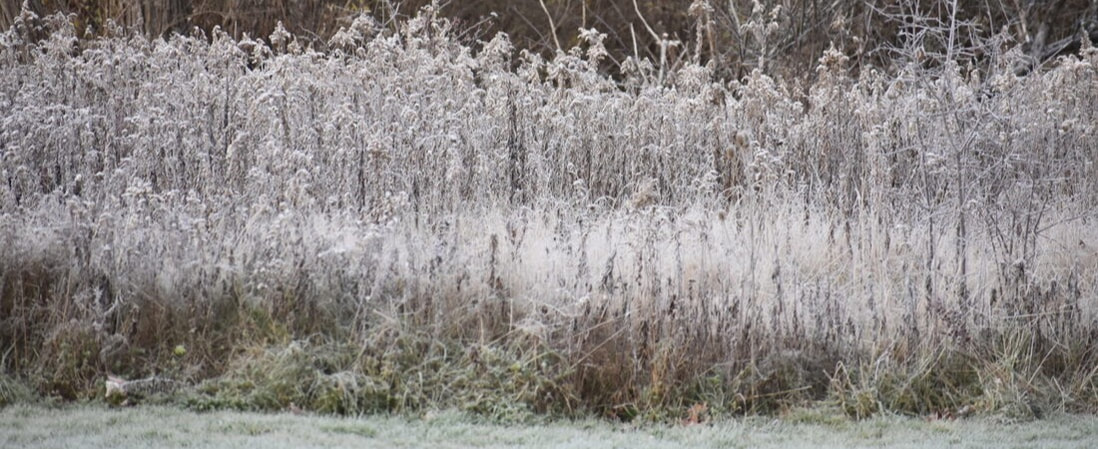
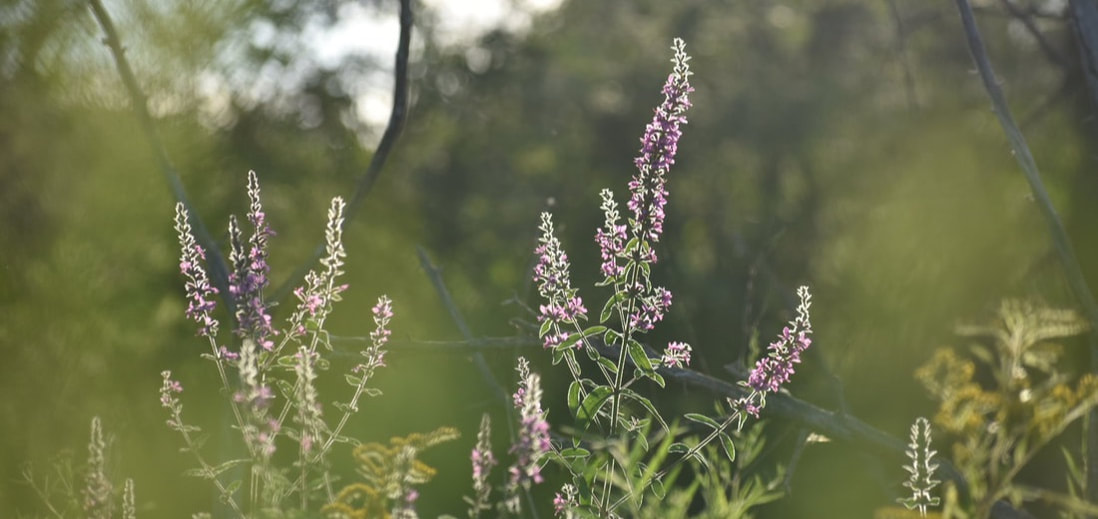

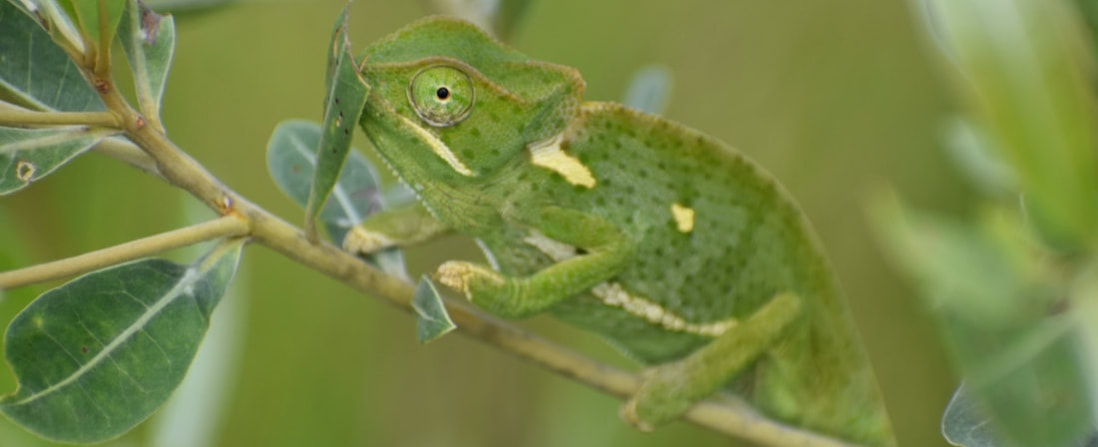
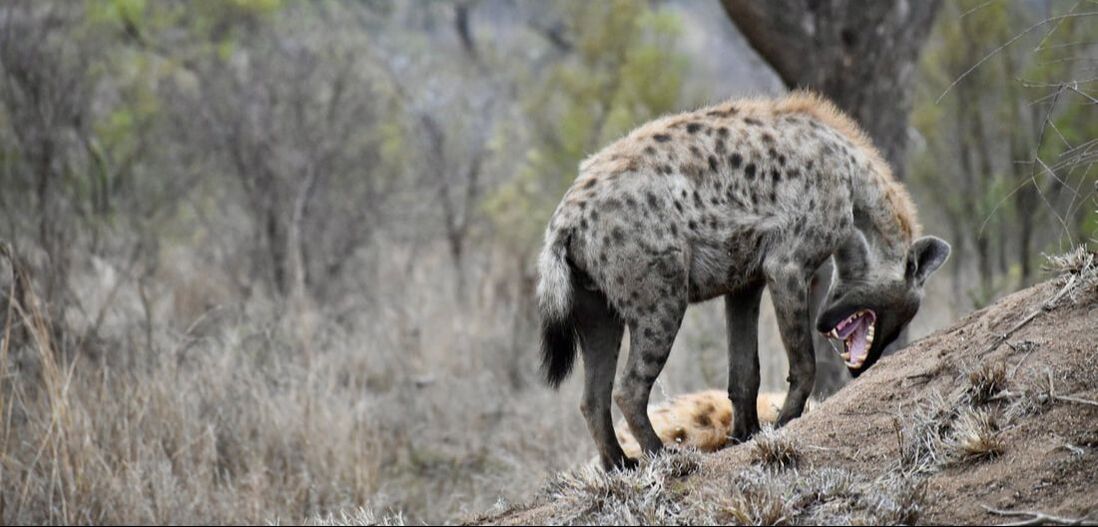
 RSS Feed
RSS Feed